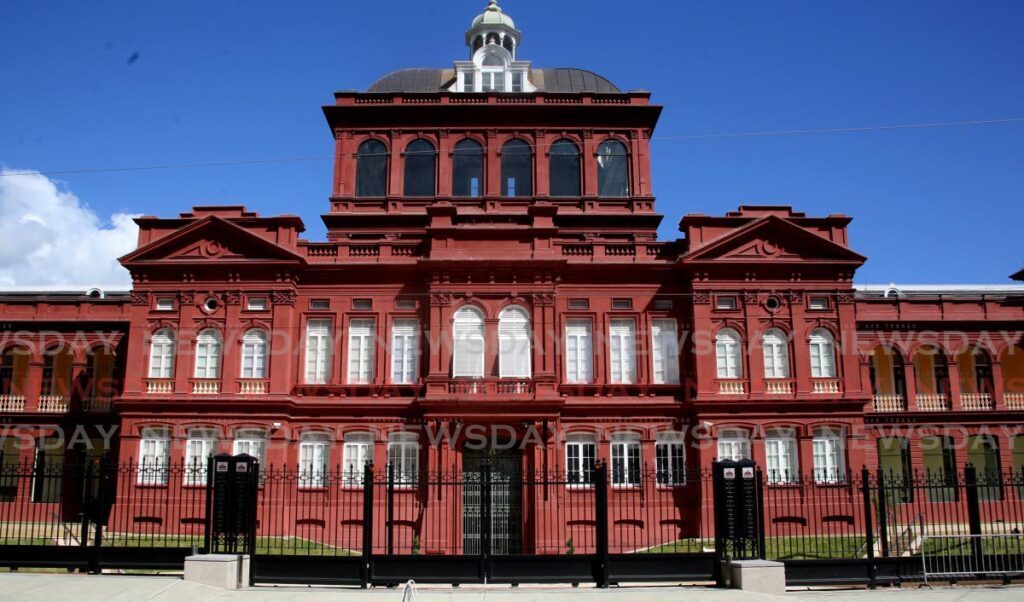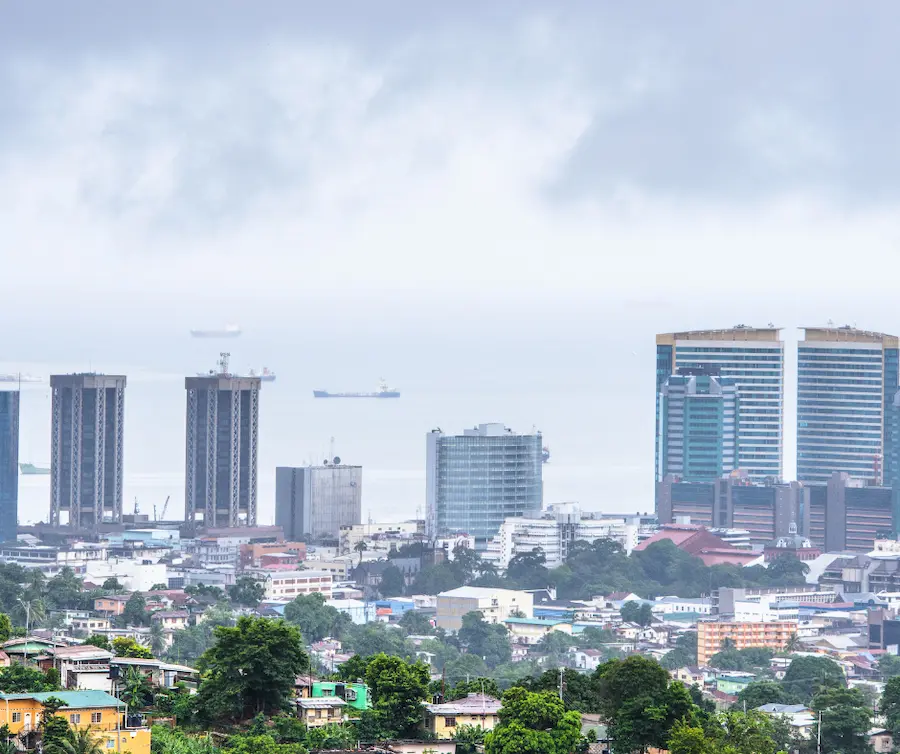

THE House of Representatives will sit on December 9 from 10 am to debate a motion to approve the Draft Elections and Boundaries Commission (EBC) Order 2024.
This motion, filed in the name of the Prime Minister on the supplemental order paper, is to approve an EBC report dated March 13, in which the commission reviewed the boundaries of all 41 parliamentary constituencies.
In accordance with Section 72 (1) of the Constitution, the Prime Minister is required to submit a draft order before the House which will implement the recommendations contained in this report, without modifications.
The report proposed changing the names of five constituencies.
They are Arouca/Maloney to Trincity/Maloney, D’Abadie/O’Meara to Malabar/Mausica, Lopinot/Bon Air West to Arouca/Lopinot, St Joseph to Aranguez/St Joseph and Pointe-a-Pierre to Claxton Bay.
>
The EBC also proposed boundary changes for 16 constituencies.
They are Toco/Sangre Grande, Malabar/Mausica, Caroni Central, Cumuto/Manzanilla, Port of Spain North/St Ann’s West, Port of Spain South, San Fernando East, San Fernando West, Claxton Bay, La Horquetta/Talparo, Laventille East/Morvant, Laventille West, Oropouche East, Tabaquite, Arima and Trincity/Maloney.
In the report the EBC said, "In Trinidad and in Tobago, respectively, the electorate in any constituency shall not be more than 110 per cent nor be less than 90 per cent of the total electorate of the island divided by the number of constituencies in that island."
The report said the 1,095,080 population of Trinidad fitting into 39 constituencies would give an average of 28,079 people per constituency, equating to a permissible lower limit of 25,271 (90 per cent) and upper limit of 30,887 (110 per cent). To get the 52,163 residents of Tobago into two constituencies gives a constituency average of 26,082 people, with a permissible lower limit of 23,473 and upper limit of 28,690 people.
Changes to the boundaries of 16 constituencies arose from certain areas having too many or too few residents, based on these 90 per cent lower limits and 110 per cent upper limits.
There is also a motion on the order paper to approve the recommendations in the 120th Salaries Review Commission (SRC) report, which has recommended significant salaries increases for several public officials including the Prime Minister, President and Opposition Leader.
This motion is filed on the order paper in the name of Finance Minister Colm Imbert who laid the SRC report in the House on November 15.
Newsday was advised this motion is not being debated on December 9.
In its 120th report, the SRC noted concerns raised by certain office-holders over recommendations in its 117th report, which was laid in the House in February. Among those raising concerns at that time were members of the Judiciary, who questioned the methods the SRC used to evaluate their salaries and terms of service. The recommendations of the 117th report were not implemented.
>
The current salaries of the President, Prime Minister and Opposition Leader are based on recommendations in the SRC’s 98th report, which was laid in the House on February 14, 2014, and subsequently approved.
The commission is now recommending:
PM’s salary to rise from $59,680 to $87,847, a 47 per cent increase, effective from October 1, 2023.
President: from $64,270 to $81,170, from April 1, 2023, an increase of 26 per cent.
Opposition Leader: from $29,590 to $52,159, effective October 1, 2023, a 76 per cent increase.
Cabinet ministers: from $41,030 to $52,159 effective October 1, 2023, an increase of 27 per cent
Non-cabinet-member ministers: from $33,940 to $43,155 respectively, a 27 per cent increase.
Senators who are not government ministers or parliamentary secretaries: from $13,060 to $17,020, effective October 1, 2023.
MPs who are neither ministers nor parliamentary secretaries: from $17,410 to $22,695, effective October 1, 2023.
>
At a post-cabinet news conference at Whitehall on November 28, Dr Rowley said government has accepted the SRC's recommendations in its 120th report.
Opposition Leader Kamla Persad-Bissessar and other UNC parliamentarians have said these recommendations should not be implemented at this time. They have condemned the government's intention to implement them.
Legal sources last week said once the report's recommendations are implemented, all office-holders covered by it must accept their new salaries and conditions. But they added these people could do whatever they want with their salaries and benefits once they receive them.
UNC MPs Rushton Paray, Dinesh Rambally, Dr Rai Ragbir and Rodney Charles have publicly said they will give any additional money from their new salaries either to help their constituents or some other form of charity.
Paray has called for UNC MPs to use additional money they receive as a result of the SRC's recommendations to build a new and permanent headquarters for the party.
No other UNC parliamentarian, including Persad-Bissessar, has publicly indicated what they will do with their new salaries once Parliament approves the SRC report.
The report's recommendations and Rowley's acceptance of them have angered several trade unions.
These unions and other groups will hold a mass protest in Port of Spain on December 7 on this issue and other labour-related matters.


